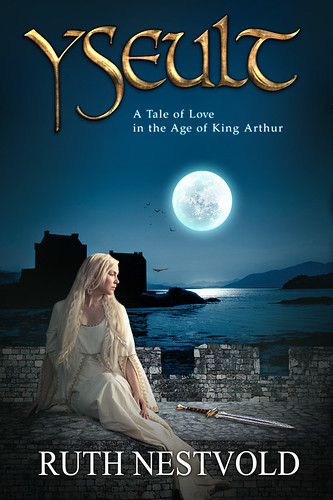Progress, and travel plans

So… My understanding of written Vietnamese is definitely improving (in the new lesson, I understood what they were saying to each other with just a few well-placed explanations from Mom); my pronunciation still kind of sucks. Let’s not speak of my spelling, which has got Mom going into fits semi-regularly. She’ll say a word, and I’ll write it down, and know that I got it wrong. The “this pronunciation translates to this accent” isn’t happening so well right now, whereas the “this accent translates into this pronunciation” is a little bit better ingrained. I can repeat fairly accurately; I can’t really manage unprompted unless it’s very simple things (“hello”, “thank you”, “please give me a bowl of phở” *g*). Not surprising: I’ve always been more visual than auditive (yup, writer. Why do you ask?) As I was saying to Mom, the main thing where I’ve improved is that I’m reasonably sure that I can read and understand a Vietnamese menu with close to no help (barring the odd unknown vegetable, though Vietnamese is very kind by providing classifiers: “rau” for herbs, “cây” for leafy things, “trái” for fruit, “củ” for tubers…). I *might* possibly be able to order, if I steel myself not to follow the path of least resistance and speak English.
Why does this matter, you ask? Weeelll… The first two weeks of February, the H and I will be traipsing through Vietnam. Specifically, through Huể (high time I visited the imperial capital, or what’s left of it), Hội An, Sài Gòn, and the South around Sài Gòn (yes, I know it’s HCMV now. Never quite got used to it). I’m down to two people warning me the accents of the Centre are horrible–that I should be more than adequately equipped to handle Southerners, might possibly manage to understand Northerners, but that the Centre is a law onto itself. Given that I can barely make myself understood by Southerners, I can’t help but think that the Huể/Hội An section of the trip is going to be so much fun… (Sài Gòn will be better, both because, hey, Southerners, and also because Grandma/the uncles will be around)
Three more lessons to go before we leave. Ouch.


